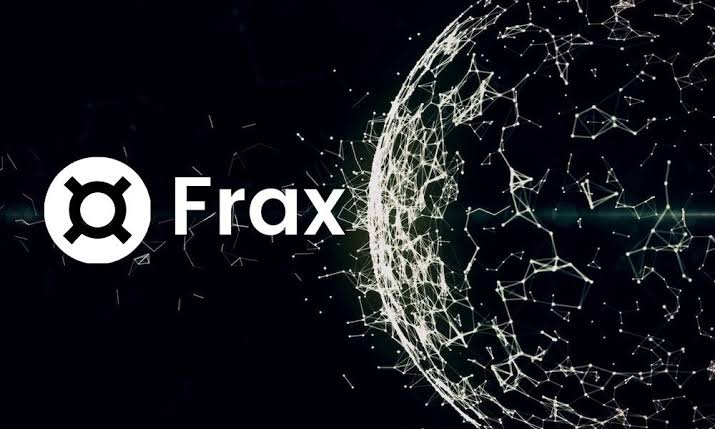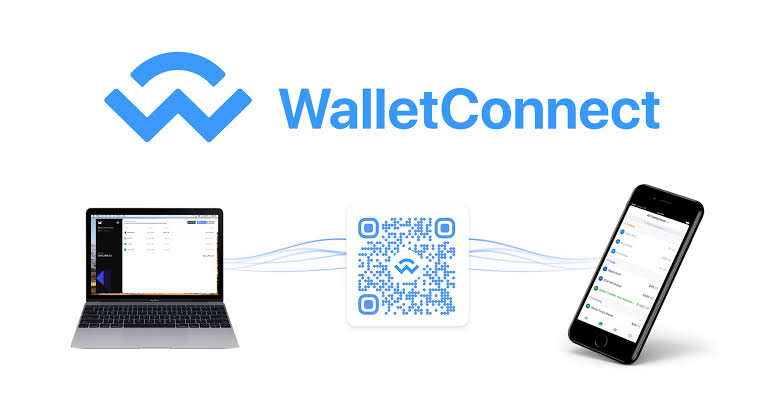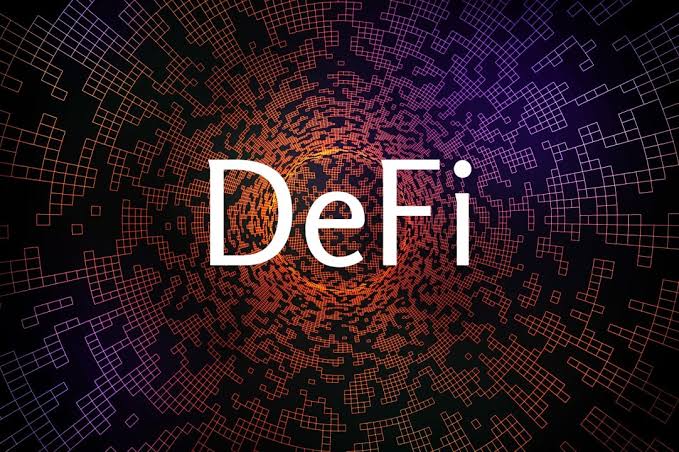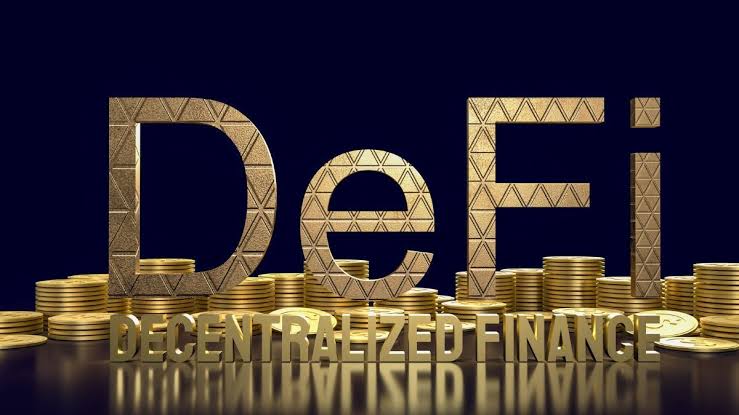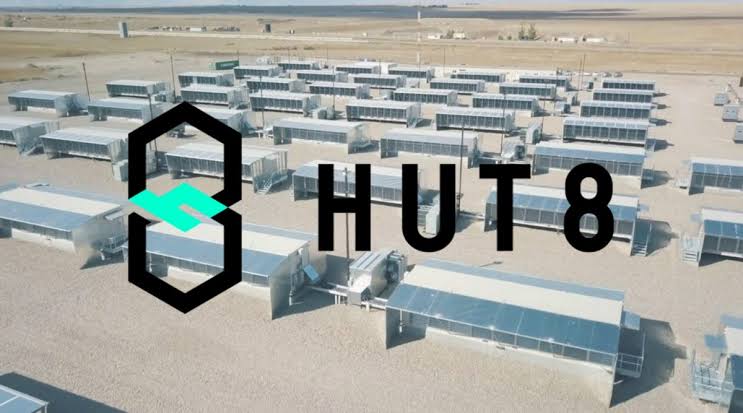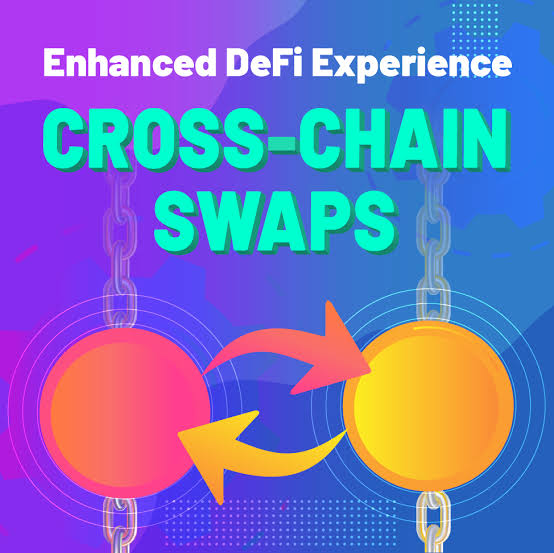Saltwater, a Web3 gaming company, raises $5.5 million in seed money
In an effort to grow both its operations and technological stack, Web3 game developer Saltwater Games has raised $5.5 million in seed money.After purchasing game companies Maze Theory, Nexus Labs, and Quantum Interactive—whose portfolios included titles for Peaky Blinders and Doctor Who—Saltwater concluded its seed round. According to an email statement obtained by CoinDesk on Thursday, cryptocurrency investment firms Deus X and Fourth Revolution Capital (4RC) spearheaded the funding round. As part of the agreement, Tim Grant, the CEO of Deus X and the former head of EMA for Galaxy Digital, a provider of digital asset finance services, would take up the role of chairman at Saltwater.With $1 billion in assets and support from a family office, Deux X debuted in October of last year.With the money, Saltwater intends to hire more people, buy new equipment, and extend its reach into other areas.









